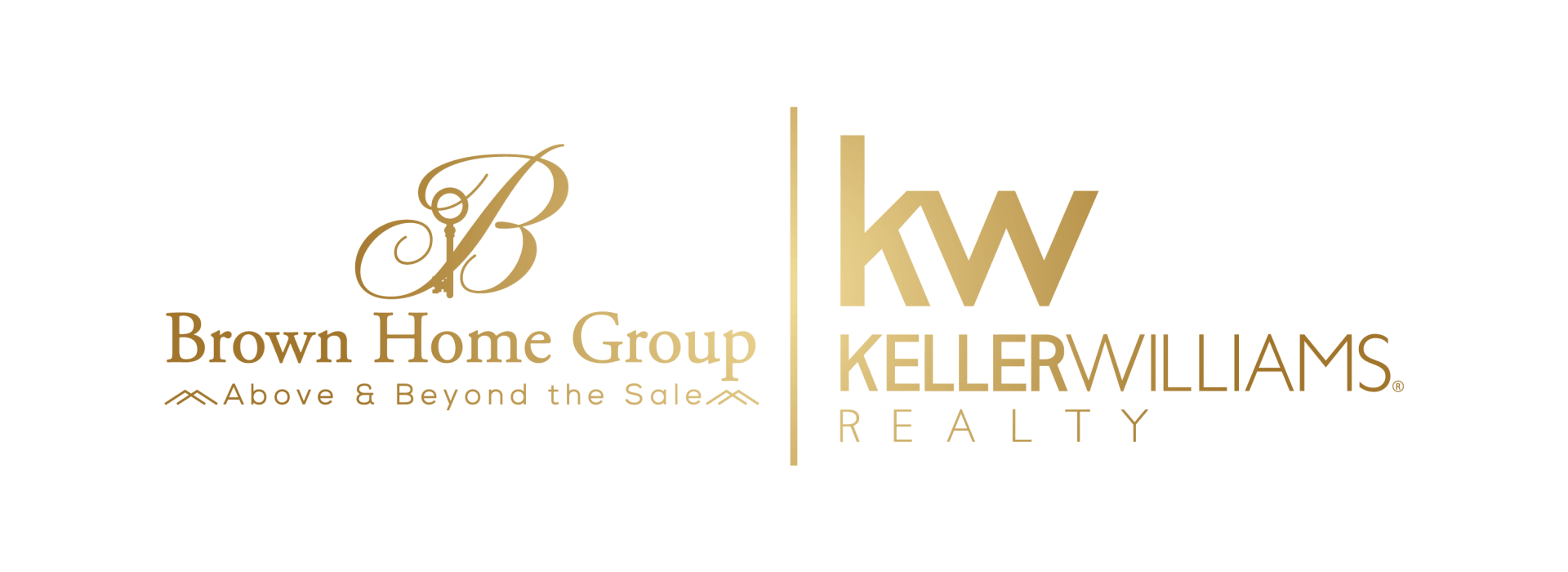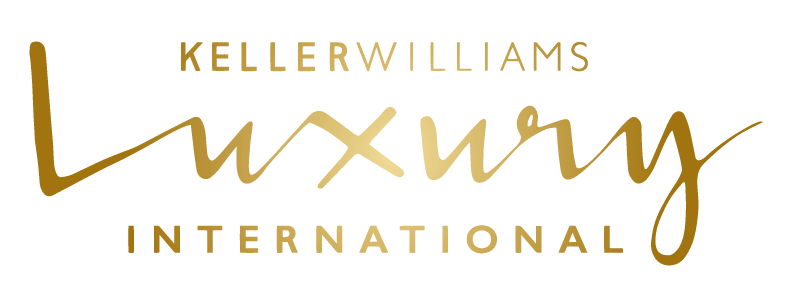Sustainable Living: Is A Solar Power Home Right for You?
Whether you’re commuting to work, dropping the kids off at school, or driving to the grocery store. You’ve seen them. The houses with the shiny, futuristic roofs that are becoming more widespread every day. Those roofs are the ones of a home that is strictly driven by solar power. You’re probably wondering, “Is this approach worth it for me in the long run?” “What are the advantages and disadvantages?” “How much will it cost?” and “Will it actually make a difference?” We’re going to dive deeper into the popular trend of solar homes and help you decide whether a sustainable powered home is right for you.
What is a Solar Home?
A solar home refers to a household that purely runs on solar energy. The homes’ roof is lined with numerous solar panels that absorb sunlight using photovoltaic cells (solar cells) that translates that into electric or thermal energy. There are a few types of solar power; however, heat and radiation are the ones that are primarily used for homes. Thermal Is used for the overall heat of the home and for hot water, and electric is purely to generate electricity for the household. This approach is deemed more efficient, because the energy is absorbed and stored, and less of the energy is used throughout the evening.
Solar Panels on top of a home to produce energy
Advantages and Disadvantages of Solar Energy
Now that you know what solar power is and how solar energy works, you’re probably wondering what the pros and cons of this renewable energy source are.
Pros:
Let’ s start with good news; the use of solar power can reduce or even eradicate your electric bill completely. When you decide to switch to solar power, you are essentially creating your own energy and will no longer require additional sources of electricity. This can decrease that monthly payment dramatically. Another positive factor of this decision is that it is extremely beneficial to the environment.
The size of one’s carbon footprint is becoming more and more important to consumers, especially in 2020. Solar panels create clean energy and reduce the amount of greenhouse gas emissions. Green house gases emitted over time are the leading cause of the negative effects of climate change. Finally, installed solar panels on your home can increase its resale value. Studies report that a home run by solar power increases the value up to 4%. When you’re looking to relocate, the loss of the solar panels become a monetary gain when it comes to selling your home.
Cons:
The time has come to share the not so exciting facts about solar energy. If you’re thinking about making the switch you might have to do a little more research before calling installers right away. There is a chance that solar panels may not be suitable for your roof. In order to install the panels, they install what is called a “racking” or a mounting system. Depending on the materials, slope, or style of the roof it might difficult or next to impossible for the panels to effectively be installed. Finding a reputable company to install the panels for you could also be a demanding feat. The market for solar energy is becoming larger and the installers are becoming less about the quality and customer satisfaction, and more about making a quick return. When taking then next step, take the time to find a respected and trustworthy company and compare quotes to find the best installers for the job.
Always make sure to take a look at the costs of sustainable living before jumping head first into the idea! Below we break down how much it may cost for your home.
How Much Does It Cost?
Something that every homeowner is concerned with when making changes to their property is, “How much does it cost?”. The price can vary depending on the system size, the location and the installers you choose. According to Solar reviews, the average cost of solar panels per watt in Florida is $3.06 kW and for a 6000 watt solar system is $18,334. The average cost of installation for a one-story house in Orlando, FL is $23,571. Most homeowners can spend between $16,595 to $31,000 depending on the size of the home, the size of the system and the specific location in Florida. Some websites offer cost calculators that allow you to get estimates on quotes specifically for your home to help you manage the expenses. Some websites are also able to show you what the layout of the panels will look like on your roof, how many will be able to fit.
Is A Sustainable Life For Me?
Solar homes are becoming more popular day by day and will continue to grow in 2020. Making the switch to a fully solar powered home can be exciting and something to consider if you want to decrease your carbon foot print and your electric bill. We hope that this brings more awareness to the ongoing trend of sustainable living and will allow you decide whether you want to solar transform your home.
Thanks for reading!
Written By: Alyssa Brown
Brown Home Group at Keller Williams
Sources:
“Amazingly Accurate Home Solar Estimator.” Size Solar Panels for Your Home & See How Much They Will Cost, www.solar-estimate.org/.
“Buying/Selling A Solar Home.” CA Solar & Storage Association, calssa.org/buyingselling-a-solar-home.
HomeAdvisor.com, www.homeadvisor.com/myhomeadvisor/confirmation/162260631/.
Matasci, Sara. “2020 Health & Environmental Benefits of Solar: EnergySage.” Solar News, EnergySage, 3 Jan. 2020, news.energysage.com/health-environmental-benefits-of-solar-energy/.
Richardson, Luke. “Solar Homes: Are They Worth It in 2020?: EnergySage.” Solar News, EnergySage, 28 May 2019, news.energysage.com/solar-homes-houses/.
“Solar Panels Increase Property Values.” EnergySage, www.energysage.com/solar/why-go-solar/increased-property-values/.
















